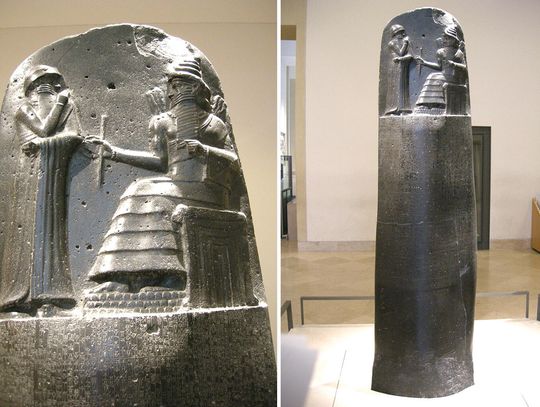According to a lawsuit just filed by the FTC, DeVry University’s ads conveyed to consumers that 90% of its graduates actively seeking employment landed new jobs in their field of study within six months of graduation. You can say this about DeVry: The company has been remarkably consistent in driving home the “90%” marketing message to prospective students in print and TV ads, online campaigns, brochures, and other advertising. But according to the FTC’s complaint, the claim is deceptive. The FTC also challenges as misleading DeVry’s representation that, as a result of attending DeVry, one year after graduation the average or median earnings of its grads with bachelor’s degrees were 15% higher than the earnings of grads with bachelor’s degrees from all other colleges and universities. A closer look at the complaint offers insights into how DeVry attempts to back up those statements – and why the FTC has gone to court to challenge them as deceptive.
For many people, higher education is one of the most expensive purchases they’ll ever make and a DeVry degree is no exception. According to the FTC, DeVry’s ads conveyed to prospective students that getting a DeVry degree is highly likely to result in getting a desirable job soon after graduating – a well-paying, career-oriented position in their chosen field of study.
DeVry attempts to support its showcase “90%” claim with information from its Career Services department. But the FTC alleges that those figures don’t stand up to scrutiny because “Defendants count a substantial number of DVU graduates who should not be counted and similarly exclude a substantial number of DVU graduates who should not be excluded.”
For example, the company counted grads who simply continued in the same job they had before they even enrolled at DeVry. What’s more, the FTC says the defendants defined “in their field of study” in a way that led to deceptive results. The complaint cites examples of students who didn’t believe they were employed in their field and yet DeVry counted them toward that 90% figure:
Business administration grad with a specialization in health services management who was waiting tables at a restaurant;
Business administration grad with a specialization in health care management who was working as a car salesman; and
Technical management grads who volunteered at medical centers, delivered mail in rural areas, and transported rain gutters for a construction services company.
The FTC alleges the defendants also excluded from the 90% statistic a number of unemployed students who were actively seeking work without success.
What about DeVry’s claim that one year after graduation, the average or median earnings of its grads with bachelor’s degrees were 15% higher than the earnings of grads with bachelor’s degrees from all other colleges and universities? DeVry relied on an income report from a third party that, according to the FTC, gave DeVry reason to question those conclusions and the claim DeVry made based on the report. Furthermore, the FTC alleges that a comparison of DeVry’s own numbers with publicly available income data called DeVry’s claim into question.
Filed in federal court in Los Angeles, the complaint names DeVry Education Group, Inc., DeVry University, Inc., and DeVry/New York Inc. Even at this early stage, this is a case to watch if your company makes objective, quantifiable advertising claims for your products or services.
By: Lesley Fair
(FTC)
FTC goes to court to challenge DeVry’s employment and earnings claims
- 01/27/2016 09:42 PM
Reklama










